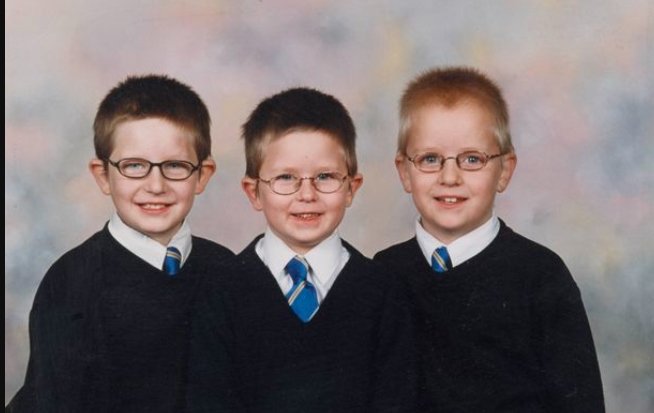The tragic death of Mark Cummings, a young boy from Glasgow, has become the catalyst for a nationwide campaign to reform laws concerning the housing of known predators near children. This article delves into the heart-wrenching story of Mark’s death and the relentless fight of his mother to protect other children from similar fates.
The Spark of a Movement
Mark Cummings’ life was cut short in a most brutal manner, leaving behind a bereaved family and a community in shock. The aftermath of this tragedy saw Mark’s mother, a figure of resilience and determination, channel her grief into action. She spearheaded a campaign that calls for legislative changes to prevent convicted predators from residing near places where children gather.
Her efforts have garnered significant attention, sparking discussions among policymakers and the public alike. The campaign has become a beacon of hope for many, symbolizing the possibility of turning personal loss into societal gain.

The Battle for Safer Streets
The campaign led by Mark’s mother has faced numerous obstacles, from bureaucratic red tape to public apathy. Yet, she persists, driven by the memory of her son and the desire to safeguard other children. Her advocacy has led to proposed bills and amendments, aiming to tighten the restrictions on where convicted predators can live.
The journey has been arduous, but the progress made is a testament to the power of a single voice in igniting change. The campaign continues to gain momentum, with each step forward marking a victory in the fight for a safer future for children.
A Legacy of Protection
Mark Cummings’ untimely death has not been in vain. His mother’s unwavering campaign has ensured that his name will be remembered not just as a victim, but as a catalyst for change. The proposed legal reforms stand as a legacy to Mark’s life, promising a safer world for children and peace of mind for parents.
The campaign’s success would mean that Mark’s story will not end in tragedy but will live on as a narrative of hope and action. It is a poignant reminder that from the depths of despair can emerge the most profound movements for change.


















